Dental Science Departments
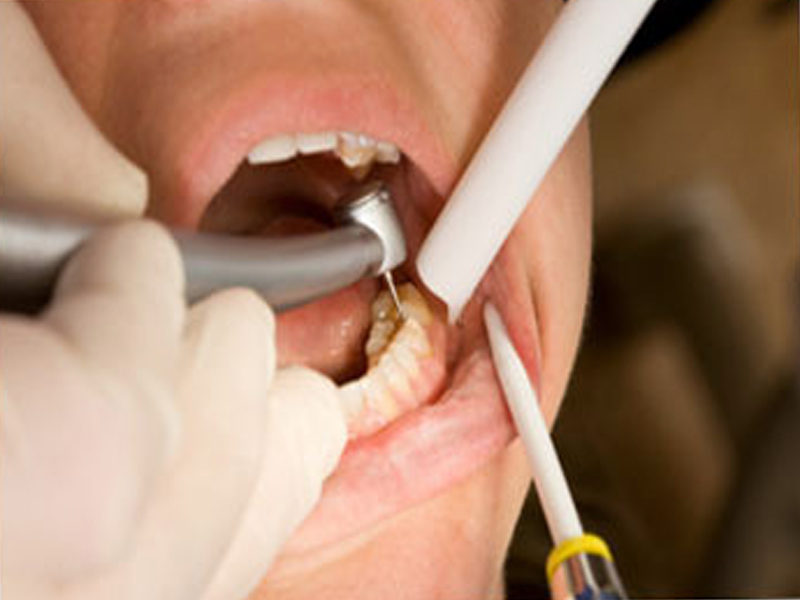
Conservative Dentistry & Endodontics
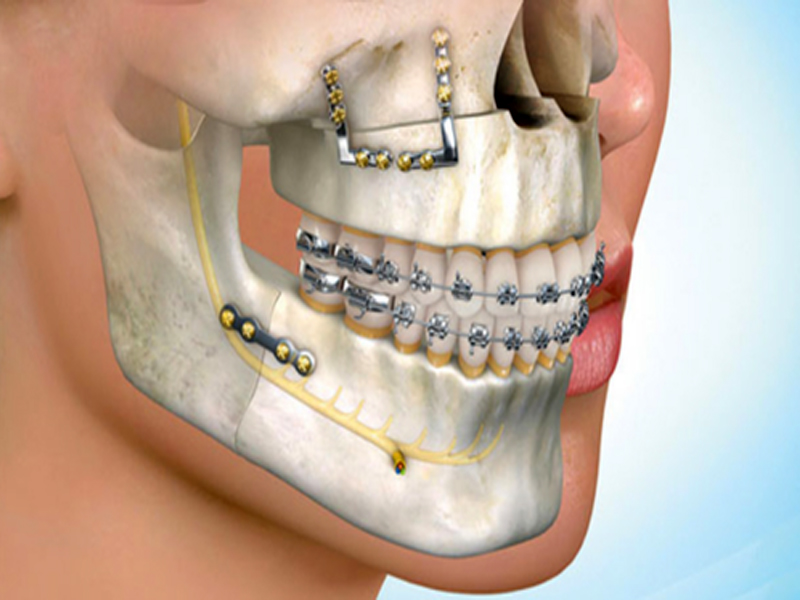
Oral & Maxillofacial Surgery
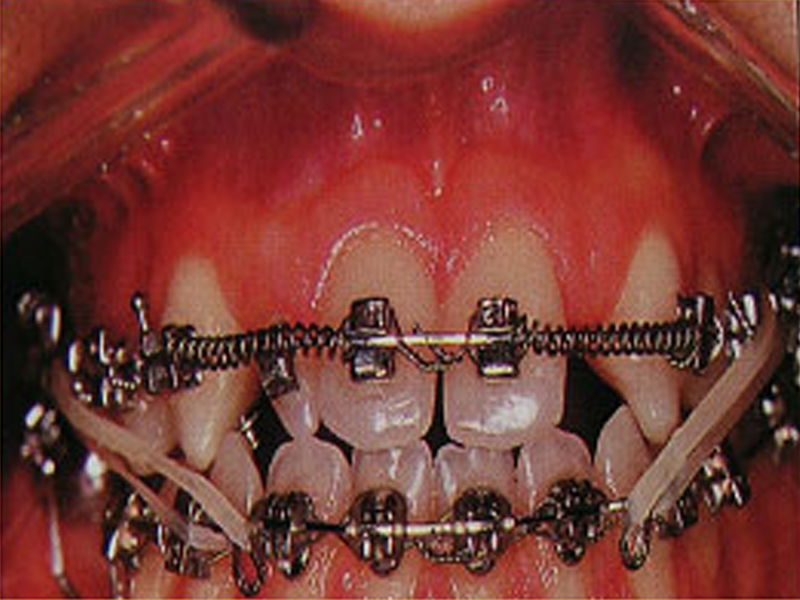
Orthodontics & Dentofacial Orthopaedics

Prosthodontics and Crown & Bridge
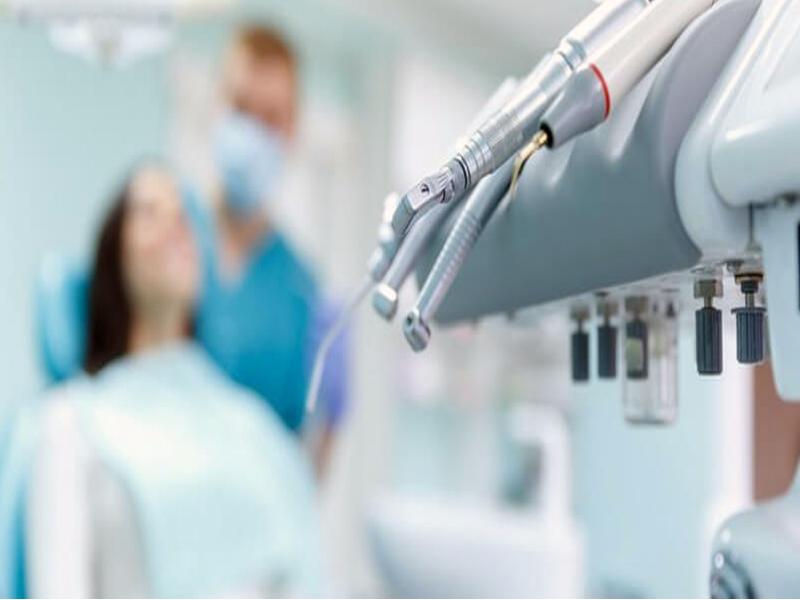
Pediatric & Preventive Dentistry
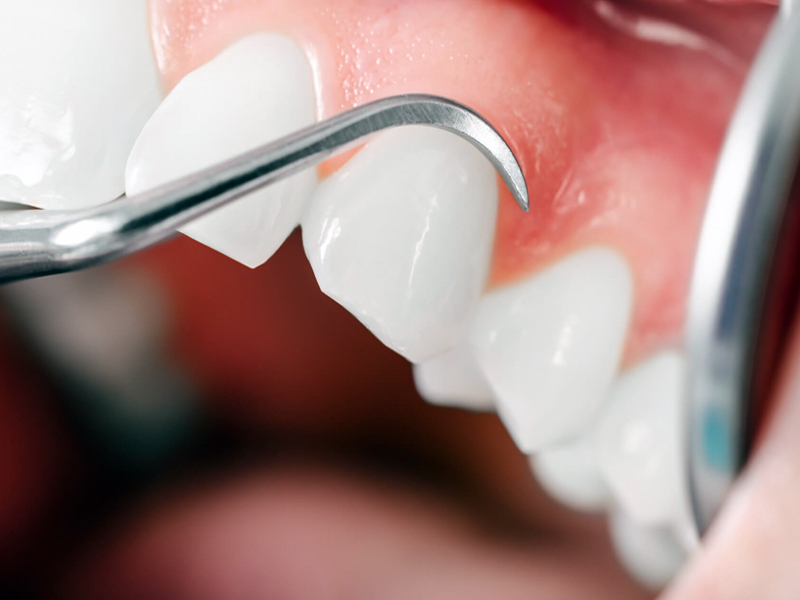
Periodontology

Public Health Dentistry
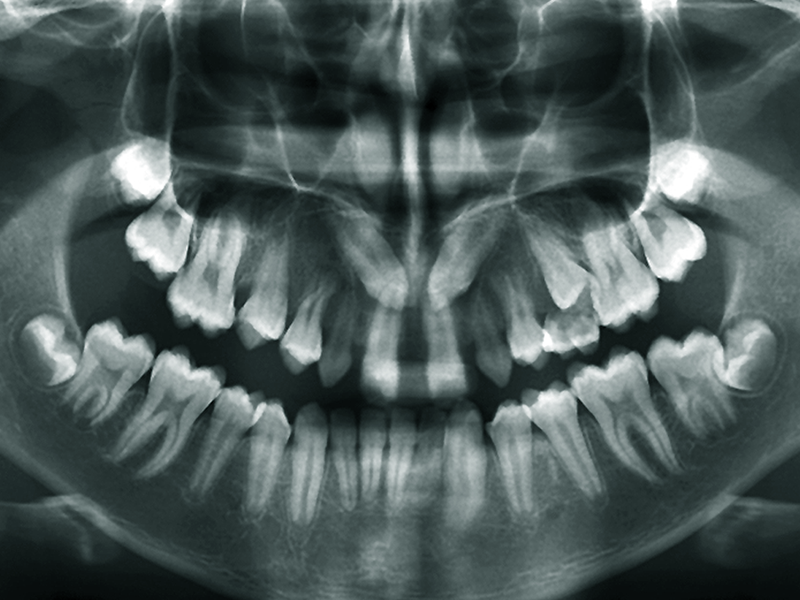
Oral Medicine & Radiology
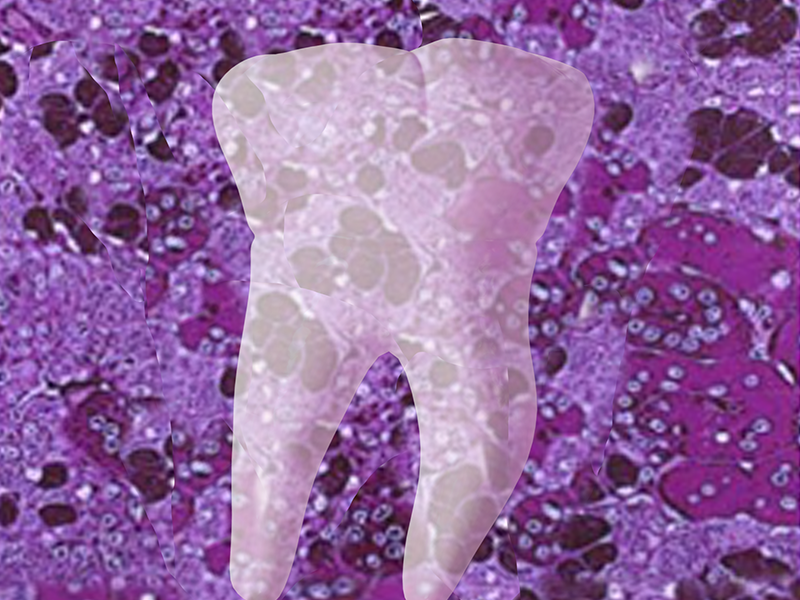
Oral Pathology & Microbiology
Basic Science Departments
Through knowledge of general human anatomy with special emphasis on head and neck, cadaver dissection and detailed study of hard and soft tissues of the body, the department boasts of an excellent museum with lifesize models and charts. The department trains the students to understand different anatomical structures of the human body, especially the head and neck region.
It also teaches the histological features of normal structures of the body.
Medical microbiology deals with the causative agents of infectious diseases, the ways in which they produce disease in the human body and essential information for diagnosis and treatment. Most of the oral diseases are caused by microorganisms and they also cause post-operative complications.
Therefore, it is important to study microorganisms, the disease, proliferation and aseptic techniques.
- Checking of Dental Caries by Snyder Test.
- Culturing of Oral Flora.
- Antibiotic Sensitivity Testing.
- Lab Diagnosis of Enteric Fever, TB, Syphilis, Hepatitis and Diphtheria.
The laboratory is equipped with binocular microscopes, sterilisation instruments, aerobic and anaerobic culture methods and necessary nutrient media.
Complete urine analysis and haemogram with Hb estimation, blood grouping and haematocrit investigations are also undertaken here. Many histopathological slides and specimens are available for case studies.
The department trains the students to understand the therapeutic and the toxic effects of various drugs on the human body as well as to acquire knowledge of their use in managing diseases.
Physiology and biochemistry are those disciplines which link basic science with clinical medicine and dentistry. It is integrative and encompasses everything from the study of molecules to the study of organ systems and their interactions which allow us to function as human beings.
The majority of medically compromised patients need oral health care, hence a working knowledge of the multitude of compromised conditions is essential for dental professionals. The curriculum during the 3rd professional year of BDS includes training in general medicine. The students acquire knowledge and skills in analysing findings from patient’s history and signs and symptoms. Special emphasis is placed on assessment of Cardiovascular, endocrine, metabolic, respiratory, renal diseases and blood dyscrasias.
In General Surgery students are familiarised with principles of general surgery and common general surgical procedures. Evaluation of patients for general aneasthetic technique and management of emergencies along with intravenous seduction is taught.
